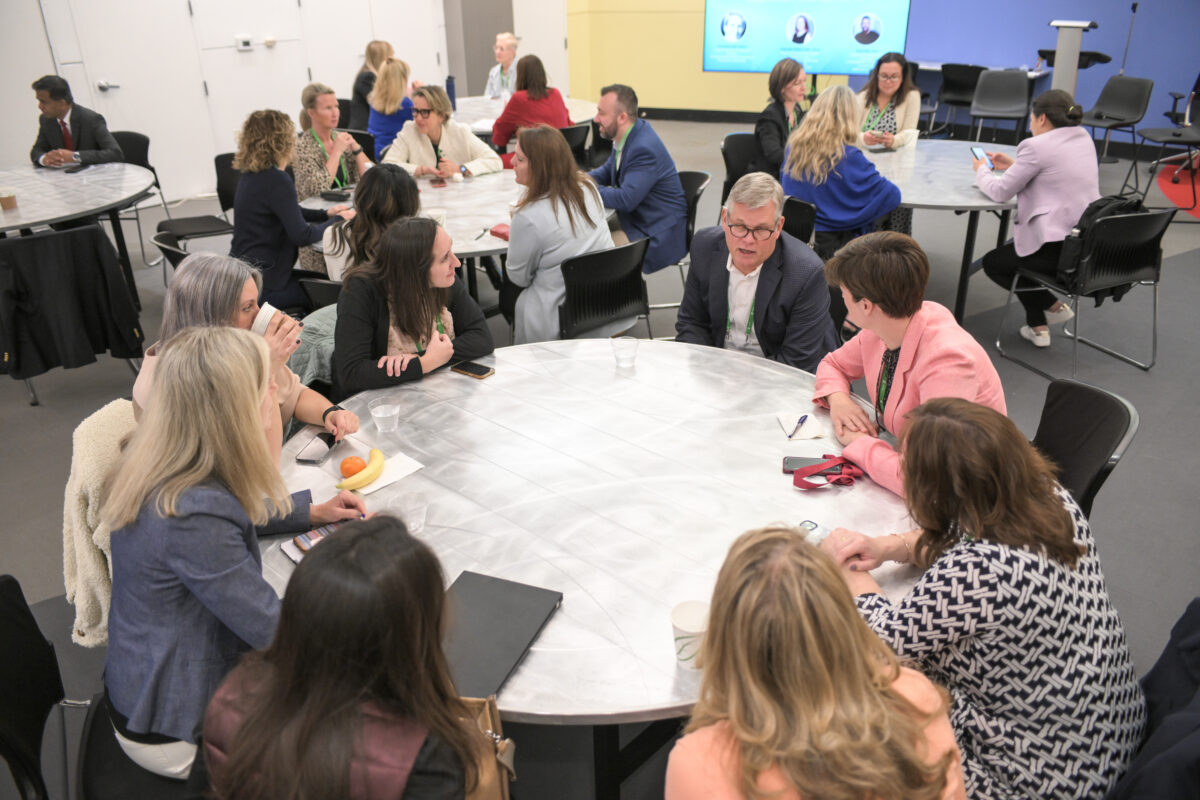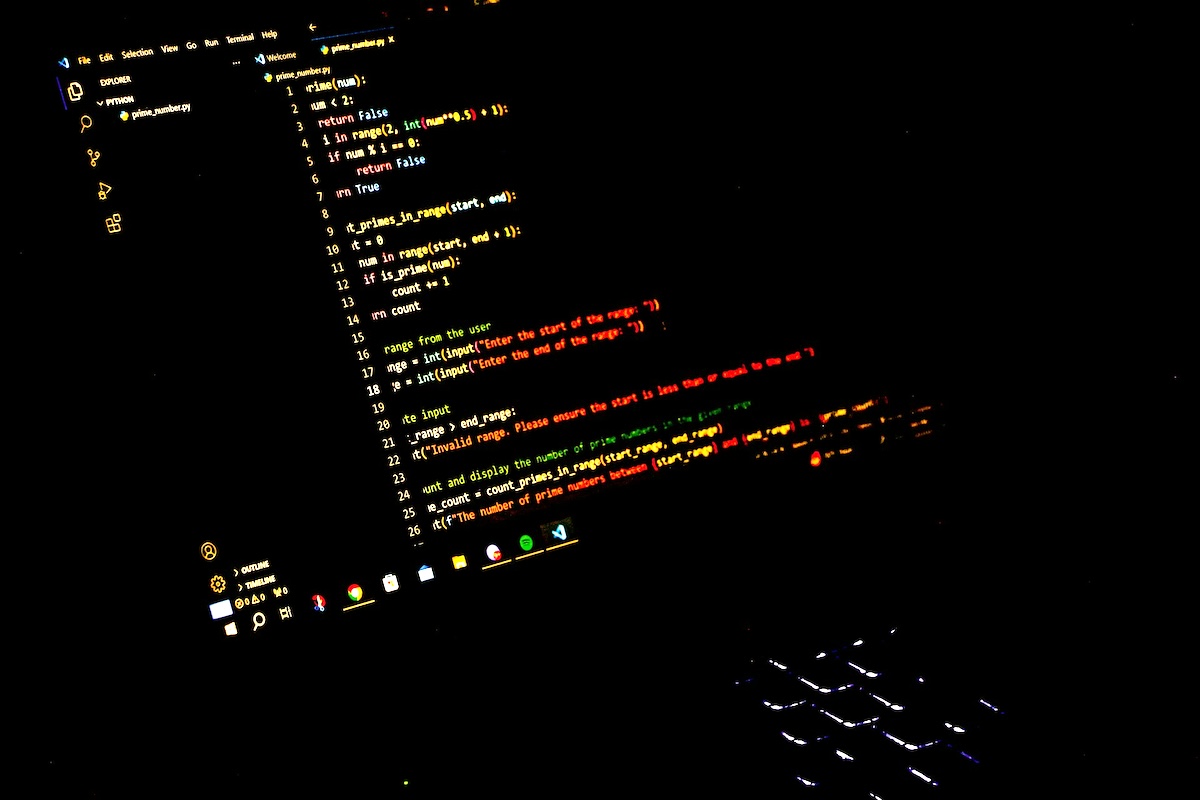Skift Take
It’s a hot market right now for job seekers in the event industry, with most of the opportunities coming from third parties. Companies that laid off people during the pandemic are wary of staffing up too quickly and are turning to agencies instead. Facing a scarce candidate pool, employers are not only boosting pay but are addressing quality of life issues.
For event planners searching for new jobs in the industry right now, there is a plethora of opportunities out there, particularly with third-party agencies. Salaries are noticeably higher than they were prior to the pandemic, but the real shift has come with greater flexibility and other perks that address lifestyle needs.
Long-time placement expert Dawn Penfold, president of Meetingjobs, A Cadre Company, is challenged to find enough candidates to satisfy surging demand for experienced planners. She notes that most of this demand is coming from agencies rather than corporations or associations seeking full-time staff.
“It’s the third parties that are really looking for people right now,” she said. “When the pandemic started easing off, and business started picking up, companies who had laid people off became wary of going through that again. So they are relying more on agencies.”
There’s also a lot of demand for freelancers and independent contractors, according to Penfold.
“Companies don’t want to fill up their office space, so they’re hiring ICs, often bringing in project people for three or six months to handle specific areas,” she said. “Companies and associations are bringing in people to just handle food and beverage or housing and registration. They are filling in gaps that way.”
Best Practices
While the tight labor market favors job seekers, the importance of having a good resume and interviewing skills has not gone away, according to Vicki Salemi, career expert for Monster and a frequent speaker on employment trends.
“You need a pristine resume that highlights your transferable skill sets,” she said. “Also, pay attention to keywords in the job description and make sure they are in the resume. Even if you don’t get the job, the resume is likely to go into the company’s database and may help you get a future job when someone does a search.”
“Plus, you now have to know how to come across well not just in an in-person interview, but in a virtual one, which means considering things like proper lighting.”
Just as employers evaluate job candidates, Salemi said job seekers should evaluate employers.
“Really do your research. Is the company being acquired? How long do people tend to stay there? During the job interview, pay attention to body language and, as best you can, see how people interact with each other.”
Social media sites such as LinkedIn are good sources for learning not only about job openings but in learning about the cultures of various companies, according to Penfold.
“If you have a certain industry or corporation in mind, you can learn a lot by befriending people on LinkedIn,” she said. “You can make connections and get information about employers through the chat sites on LinkedIn. The only caveat is to not do this to excess–you don’t want to be perceived as a stalker. Tread lightly.”
When you do learn of a job opening, act quickly.
“Always apply the same day — the opening may not be there tomorrow,” Salemi said. “Those who apply first are the ones who get the most attention.”
Easier to Make Career Change
Looking to make a career change? Now is a good time, with employers more open to considering candidates coming from other industries, according to Salemi.
“Our data at Monster shows that employers are looking for people with transferable skill sets, even if they have no direct experience for the job,” she said. “Companies are realizing that someone with a different background can bring a new perspective. Ultimately, they’re looking for the right fit.”
While employment gaps in a resume were once a red flag, companies are much less concerned with them than they once were, Salemi added.
Employers in the event industry are wise to be flexible about things like experience levels and employment gaps, according to Penfold.
“A lot of companies are looking for event planners with two or three years of experience, but there’s a real shortage,” she said. “Two years ago, planners were being laid off, so these people simply don’t exist.”
Changing Priorities
Regarding the shrinking candidate pool, Penfold surmises that many people laid off during the pandemic have retired or found opportunities in different industries. In general, people have set new career priorities, seeking more work-life balance.
In particular, job seekers are drawn to companies that let them work remotely, at least for part of the week.
“Almost everyone wants remote work. No one wants to get on the train and commute,” Penfold said. “People in the suburbs were once used to going into the city. Now I can’t even find people in Queens and Brooklyn who will go into Manhattan.”
Penfold counsels employers that if they do consider remote candidates, they will often find someone more qualified than one who lives nearby. Employers are also finding they can save money by hiring someone who lives in a region with a lower cost of living.
How much have salaries gone up for event planners since before the pandemic? Penfold estimates that in many cases, they are up at least ten to 15 percent.
While candidates ask for higher salaries, they are extremely concerned with how the job impacts their quality of life. Some employers are getting creative in addressing this.
“They are concerned with how much they will like the job and if there is flexibility,” Penfold said. “We’re seeing people ask for things like daycare or even pet care. Some companies are offering help with student loan debt if you stay for a certain length of time.”
Penfold also notes that more candidates are asking about a company’s approach to social responsibility and the diversity of its leadership and workforce.
Travel Not a Perk
Another change — and one that could spell a challenge for the event industry in attracting new talent — is that the chance to travel is no longer considered a perk. In fact, it’s increasingly viewed as a negative aspect, especially by younger job seekers, according to Penfold.
“People used to be drawn to the industry because of the travel, but younger people are far less enamored with it,” she said. “They don’t want the hassle.”
Penfold observes that she doesn’t see many recent college graduates inquiring about event planning jobs these days. “I don’t think the industry has the sex appeal it once had.”





